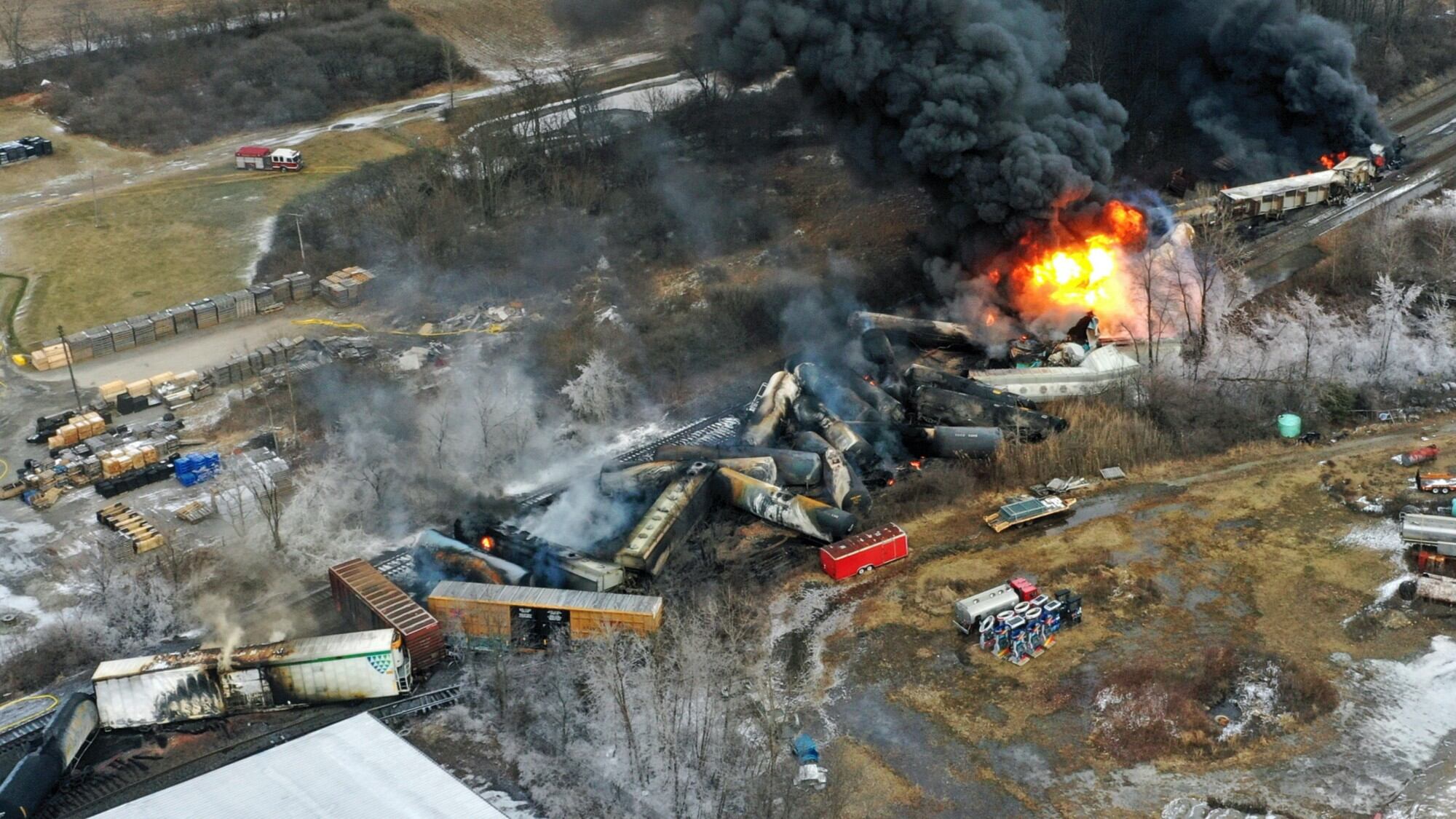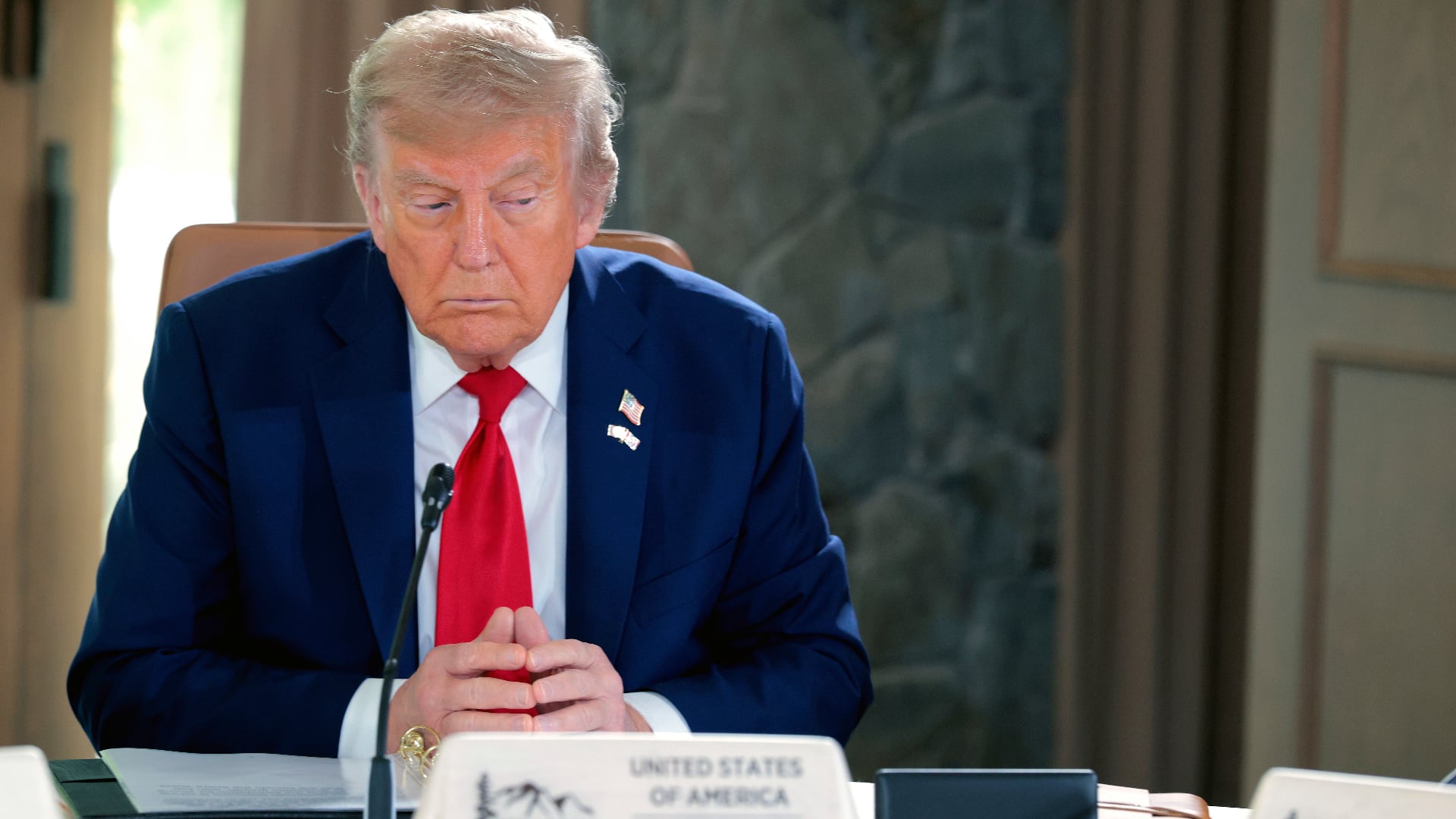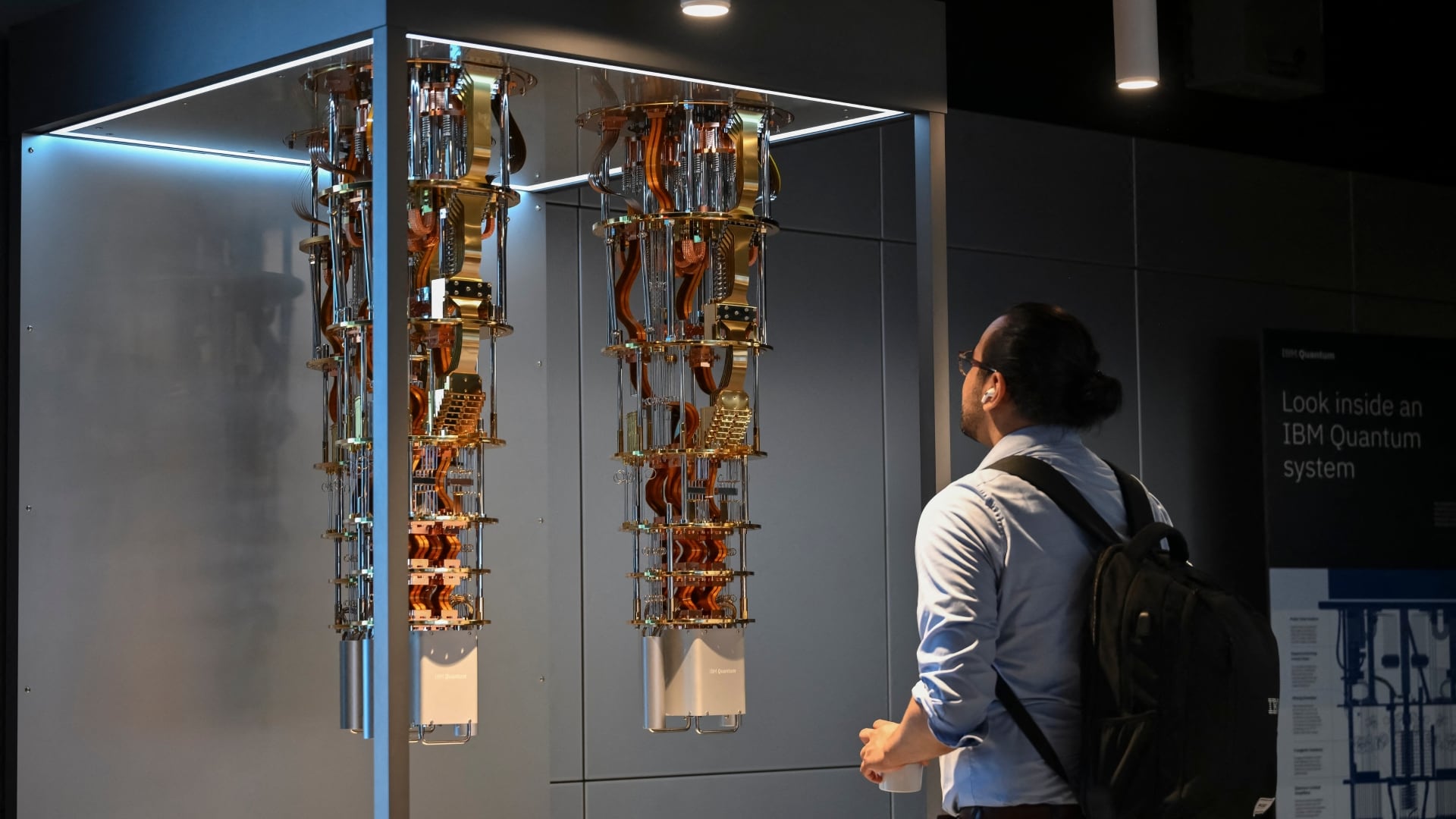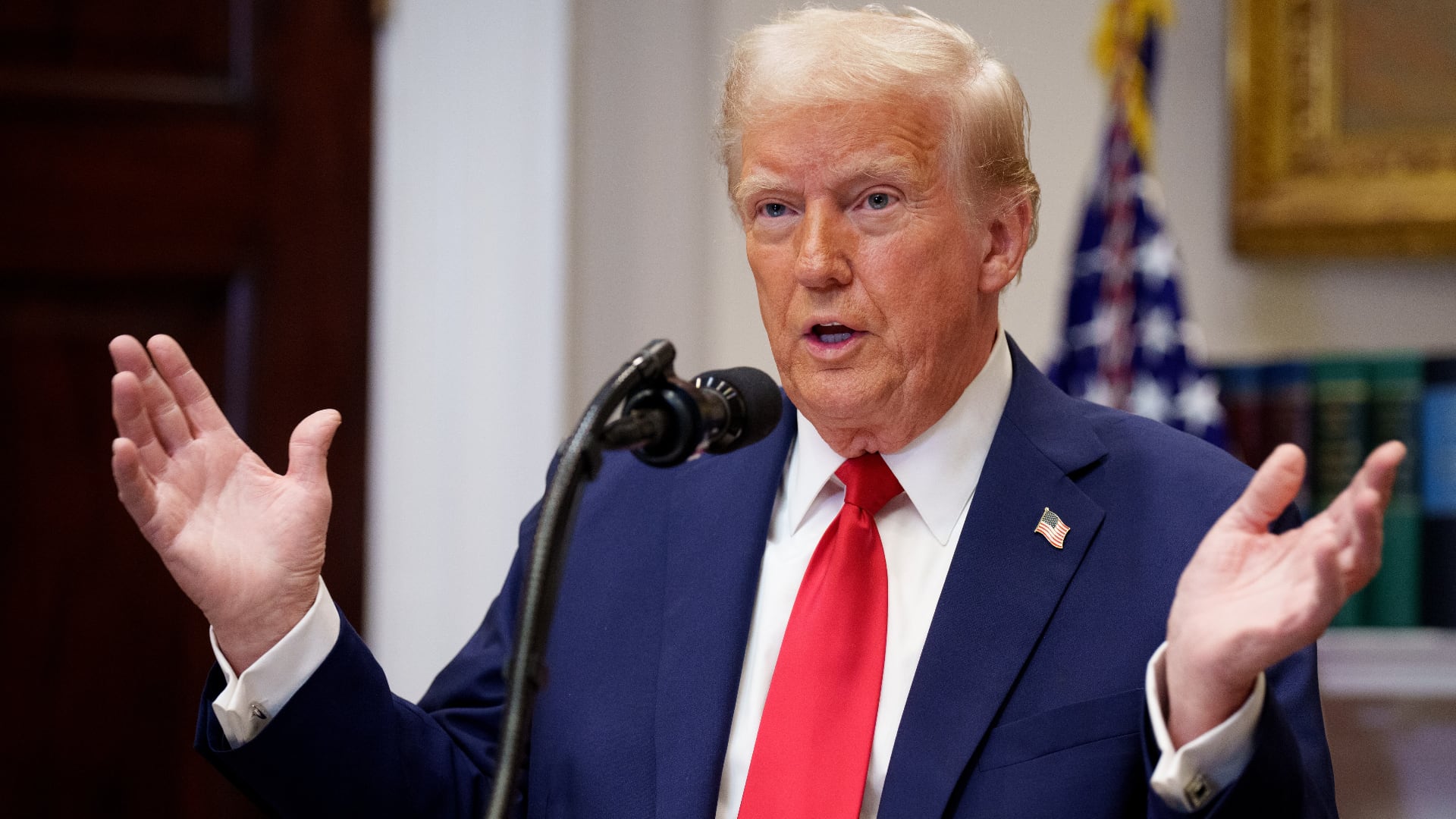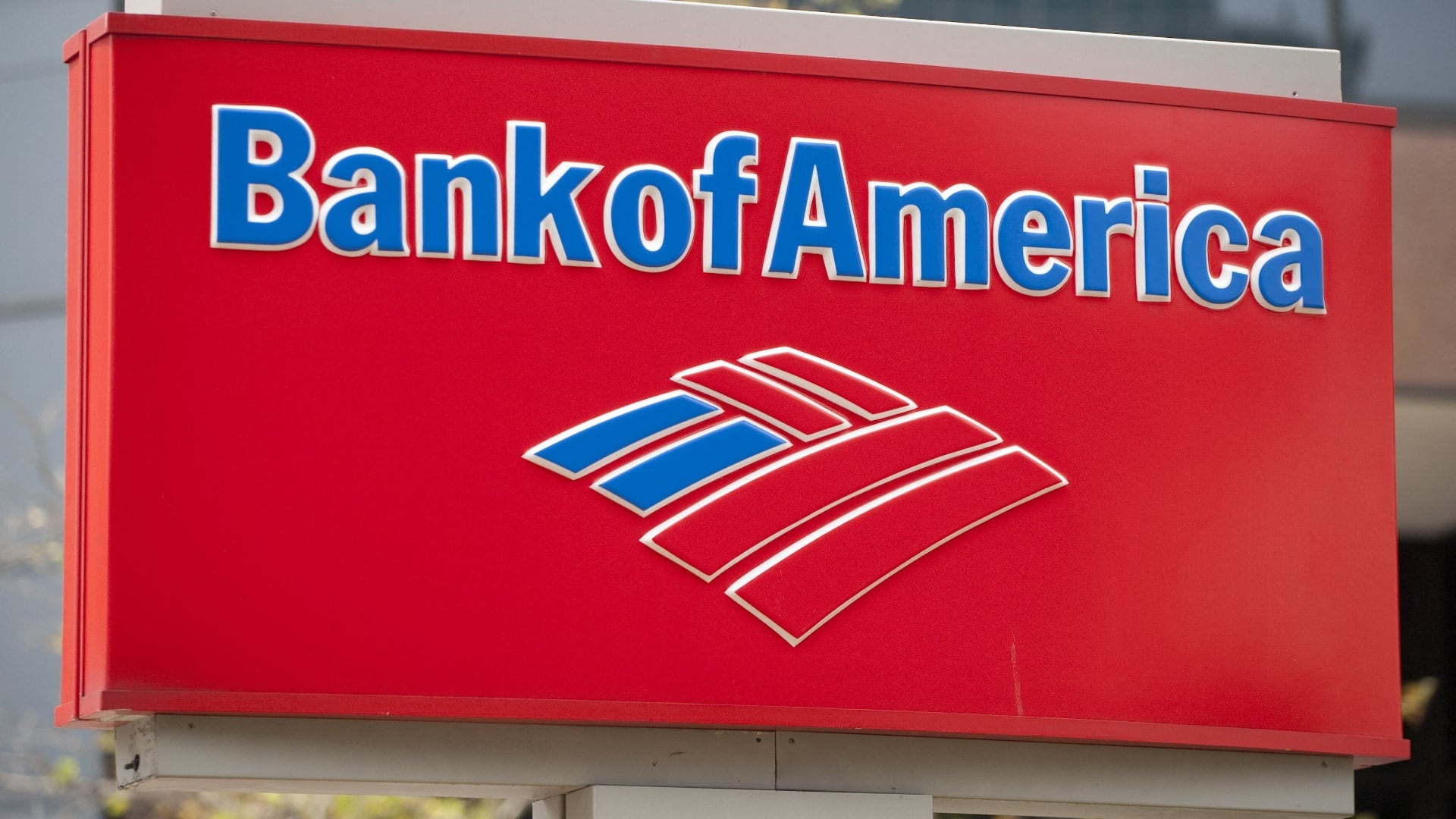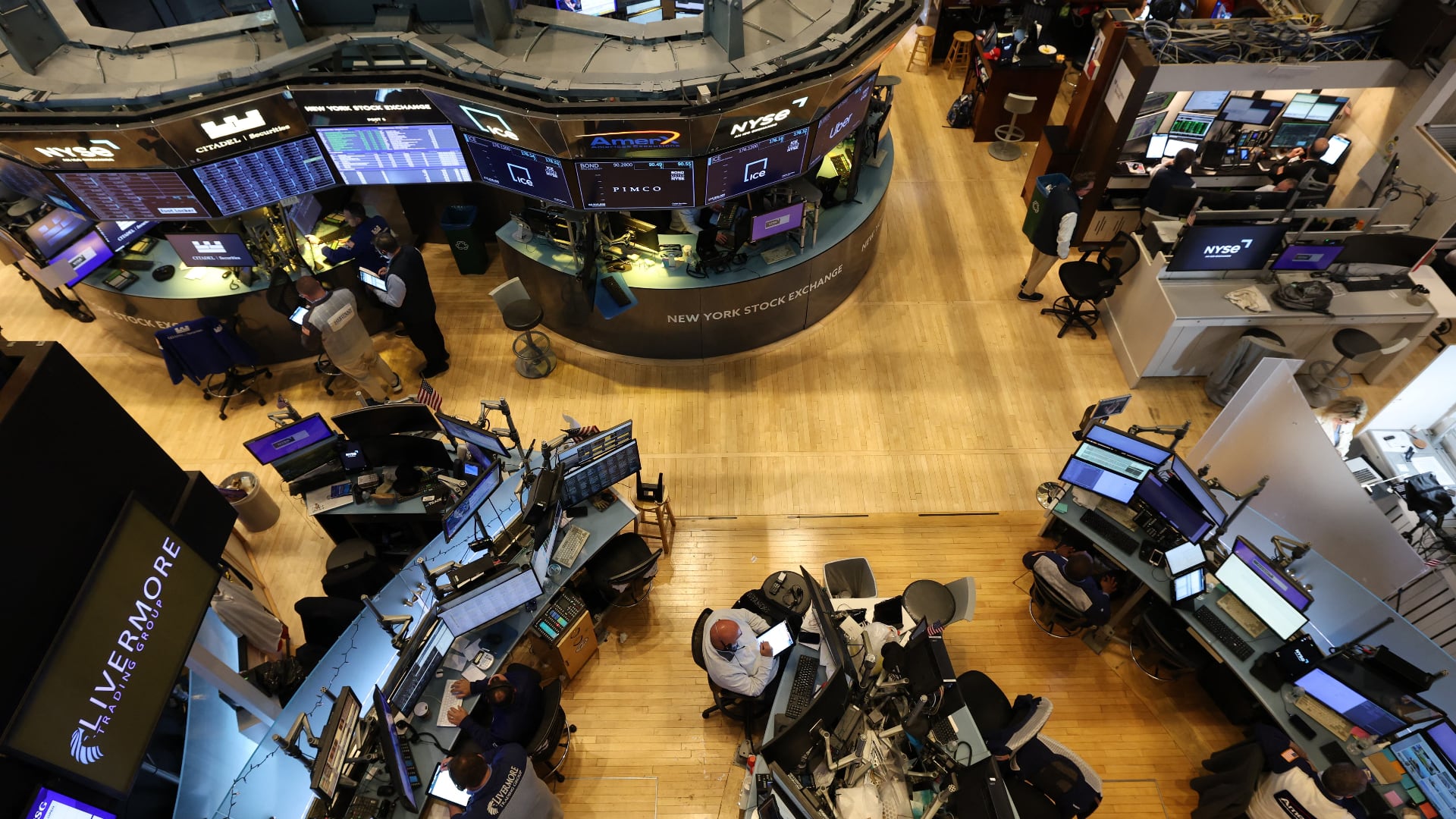By Julie Carr Smyth
The railroad industry has sued to block a new minimum crew-size requirement that Ohio imposed after a fiery train derailment in East Palestine in February.
The new rule was part of a $13.5 billion state transportation budget that Republican Ohio Gov. Mike DeWine signed in March. It mandated a two-person crew for freight trains and required that the wayside detectors used to help spot problems be installed in shorter intervals of 10 to 15 miles (16 to 24 kilometers) apart, with oversight from the Ohio Department of Transportation and the Public Utilities Commission of Ohio, among other provisions.
The railroad industry said one-person crews “have been used safely for decades,” as well as that Ohio lacks the authority to impose a two-person minimum. In a lawsuit filed in U.S. District Court on June 29, a day before the rule was set to take effect, the Association of American Railroads argued that federal law broadly gives federal agencies exclusive jurisdiction to regulate rail transportation.
“The Crew Size Law is expressly preempted” by federal law, the industry told the court.
Its legal challenge comes as busy freight states — affected by costly and often dangerous derailments and frustrated by federal inaction — increasingly have moved to pass safety improvements of their own, despite the likelihood of industry resistance.
The Feb. 3 derailment along the Ohio-Pennsylvania border of a train carrying toxic chemicals prompted Ohio's new legislation. The lasting impacts of the wreck continue to affect life, work and health in the region months after it took place.
Foremost among events surrounding the crash was the decision by officials and investigators to release toxic vinyl chloride from five tank cars. In order to avoid an explosion, the substance was burned, sending a towering plume of black smoke over the town and prompting the evacuation of about half of its 5,000 residents.
